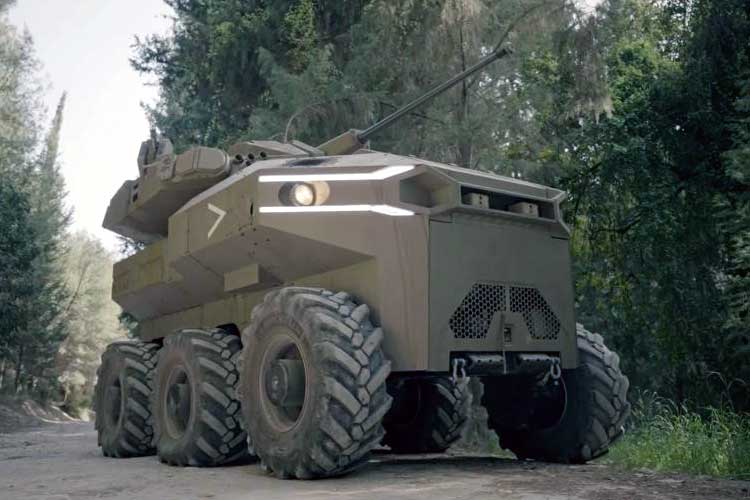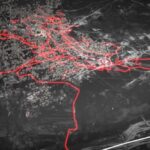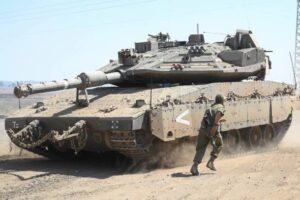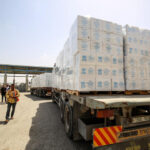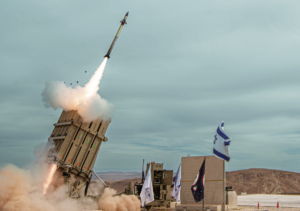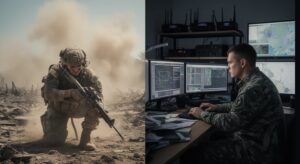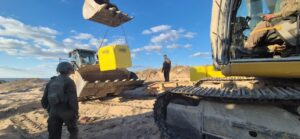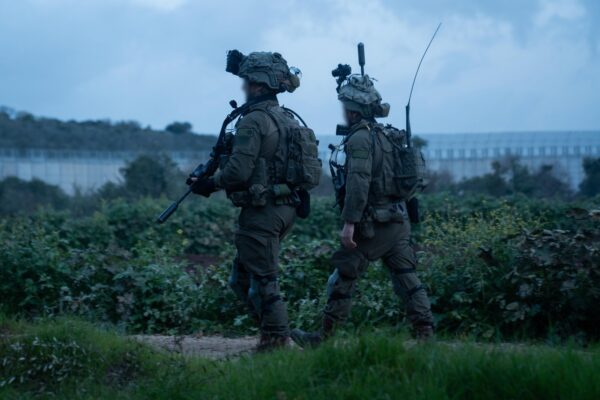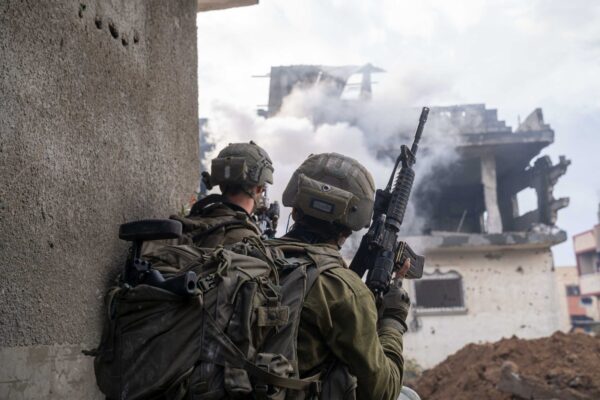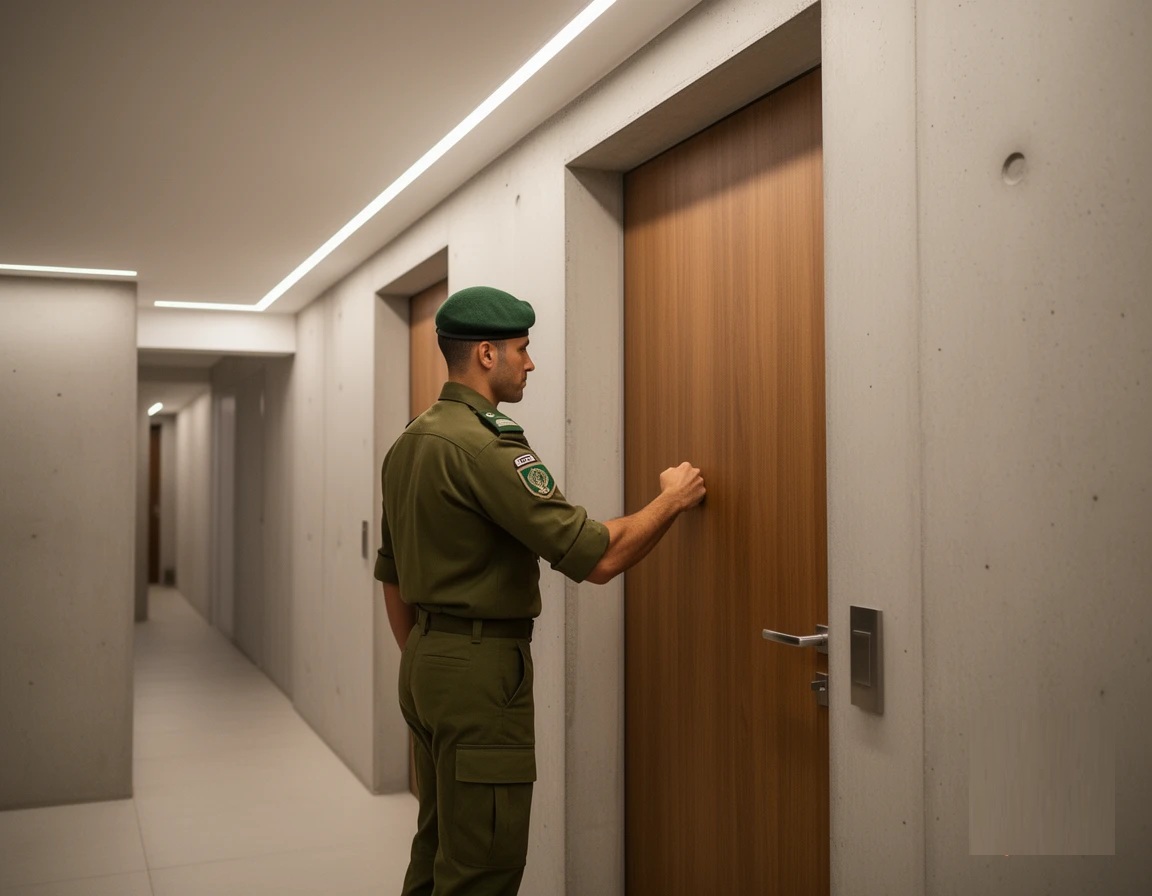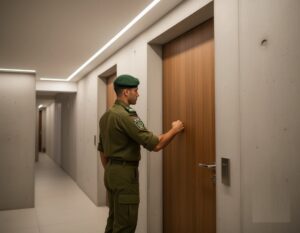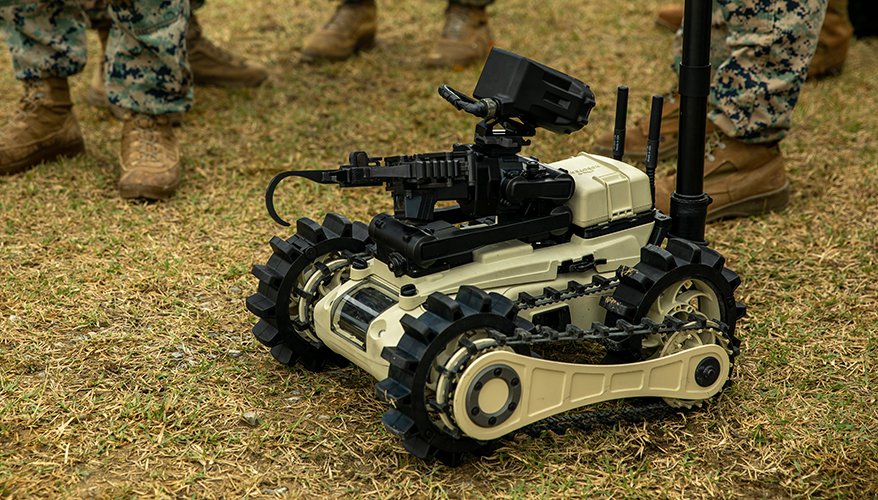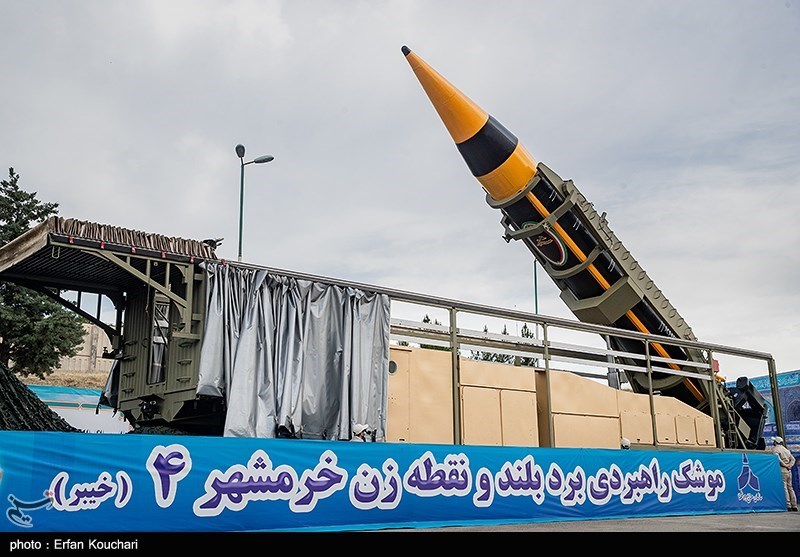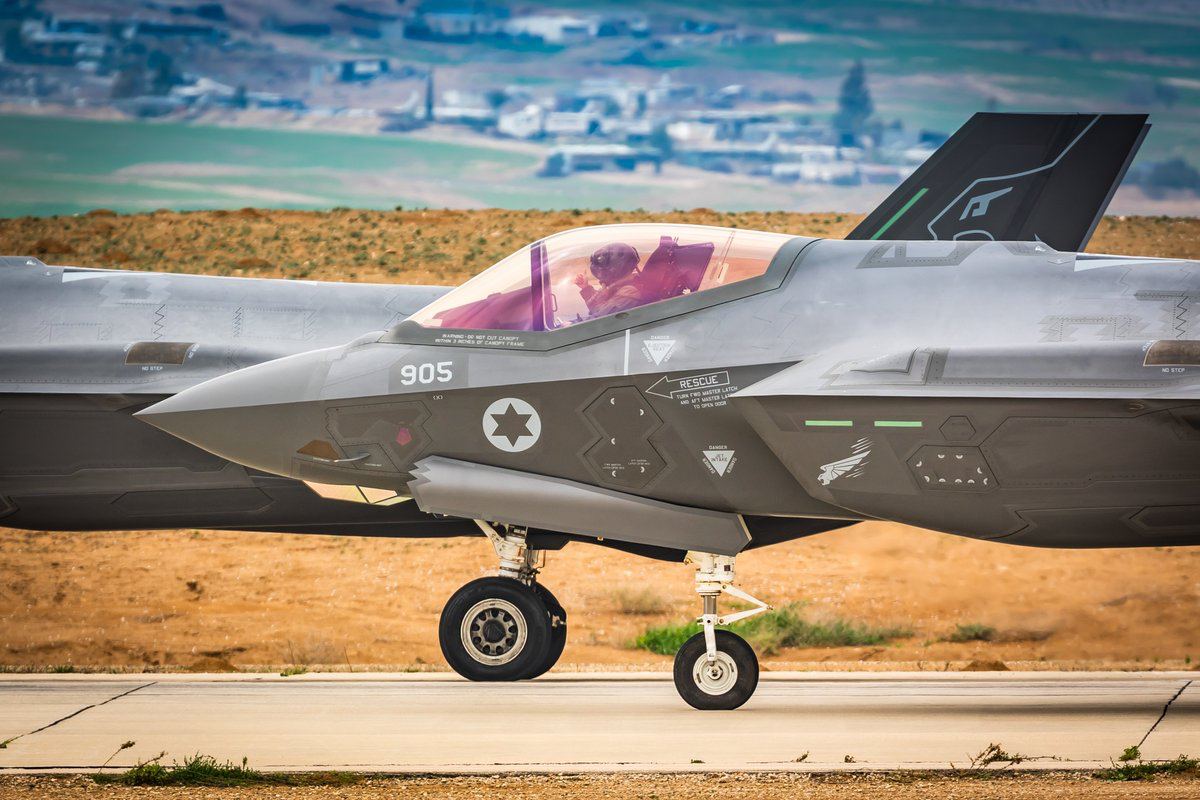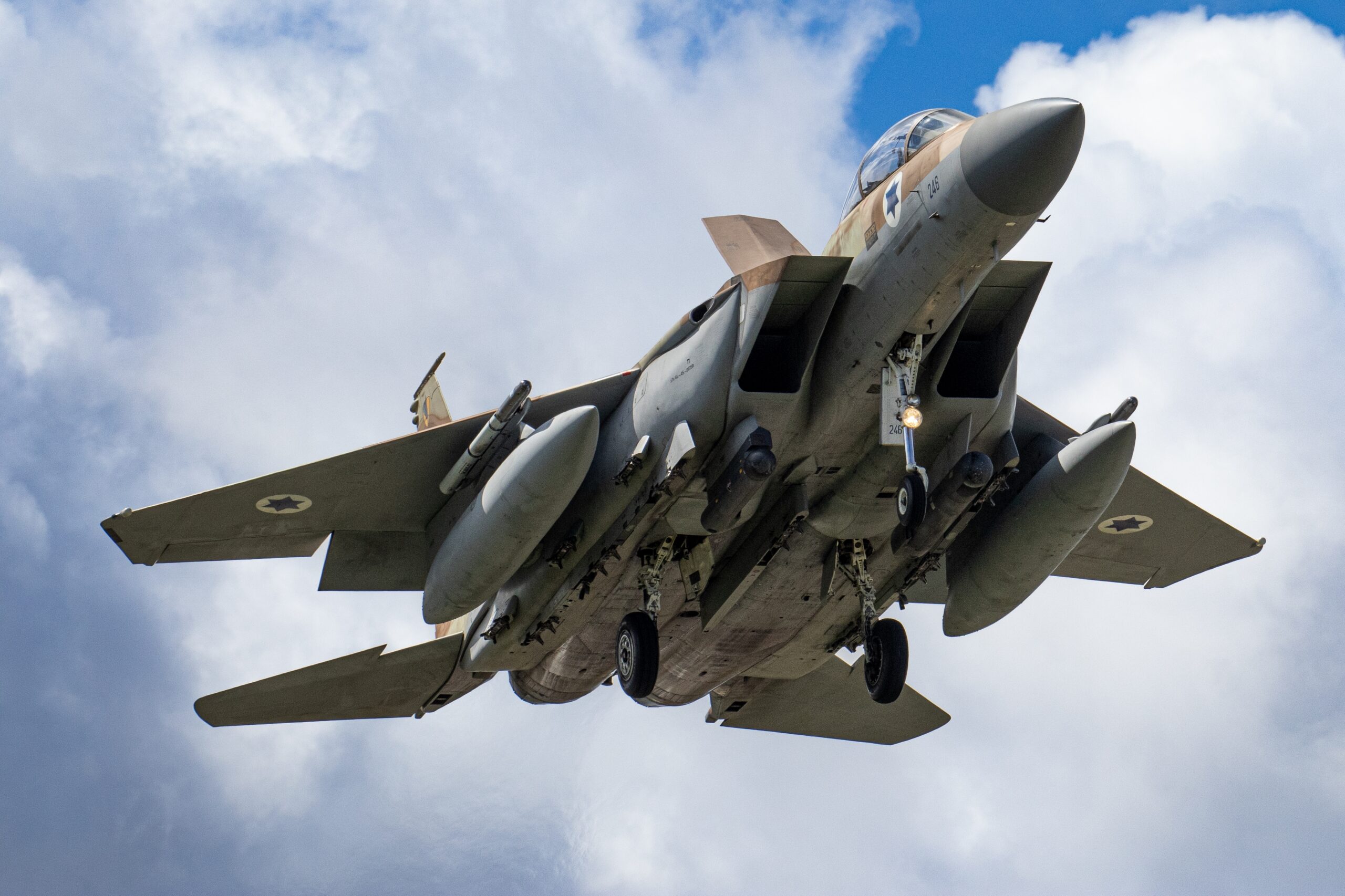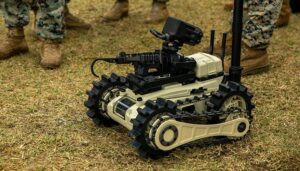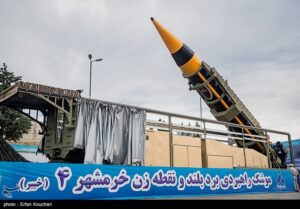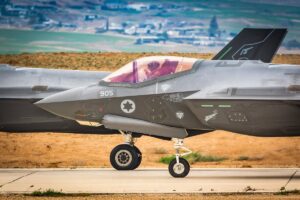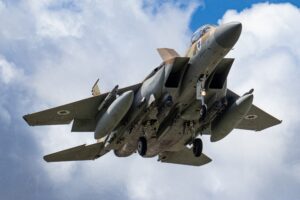Military experts highlight the ROBUST’s agility, survivability, and ability to reduce soldier exposure in high-risk zones.
By Hezy Laing
Israel’s ROBUST M-RCV is one of the world’s first unmanned robotic tanks, combining autonomous navigation, advanced firepower, and AI-driven threat detection to redefine ground warfare.
Developed by Elbit Systems in collaboration with the Israeli Ministry of Defense, the ROBUST Medium Robotic Combat Vehicle (M-RCV) has undergone testing with the IDF.
The vehicle features a MATE30 unmanned turret equipped with a 30mm automatic cannon, electro-optical sensors, and missile launchers.
It can operate day or night, in all weather conditions, and navigate complex terrain without human intervention.
Its onboard AI enables real-time target recognition, autonomous patrols, and coordinated strikes with other unmanned systems.
The ROBUST M-RCV unmanned tank is designed for forward reconnaissance, perimeter defense, and high-risk combat support missions where human exposure is minimized.
Its autonomous capabilities allow it to patrol hostile terrain, identify and engage threats, and operate in coordination with other unmanned systems—all without direct human control.
It excels in urban warfare, border security, and low-intensity conflict zones, where agility, stealth, and real-time decision-making are critical.
The system can also be used to escort convoys, secure perimeters, and support infantry units by providing firepower and surveillance in environments too dangerous or complex for manned vehicles.
Sales interest in the ROBUST M-RCV has grown steadily, especially following its operational use in the 2025 Gaza conflict.
Countries in Europe and Asia have reportedly entered negotiations for export versions, with Romania and India expressing interest in integrating robotic combat vehicles into their future force structures.
While no formal export contracts have been confirmed publicly, defense analysts expect deals to materialize by mid-2026 as global militaries seek to modernize with unmanned ground platforms.
Reviews from military experts highlight the ROBUST’s agility, survivability, and ability to reduce soldier exposure in high-risk zones.
Its modular design allows for rapid upgrades and mission-specific configurations, making it suitable for reconnaissance, perimeter defense, and urban combat.
Compared to similar systems like Russia’s Uran-9 or the U.S. RCV-M, the ROBUST offers superior autonomy and sensor fusion, though its firepower is slightly lighter than some heavy-duty counterparts.
Unlike the Uran-9, which struggled with remote control reliability, the ROBUST has demonstrated consistent performance in live-fire exercises and coordinated operations.
The rise of unmanned tanks like the ROBUST signals a shift in battlefield doctrine, where robotic platforms complement manned units and take on high-risk roles.
Israel’s early lead in this domain reflects its broader strategy of integrating AI and robotics across its defense ecosystem.
As the technology matures, the ROBUST M-RCV is poised to become a benchmark for autonomous ground combat vehicles worldwide.


